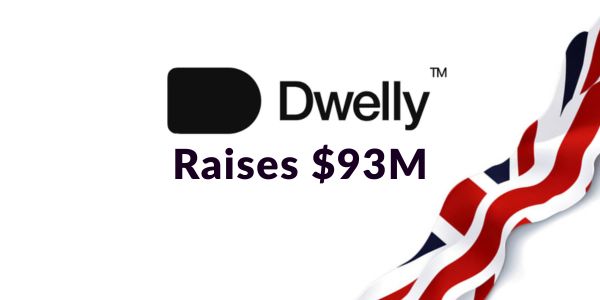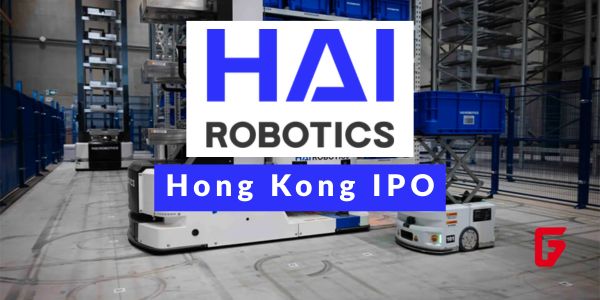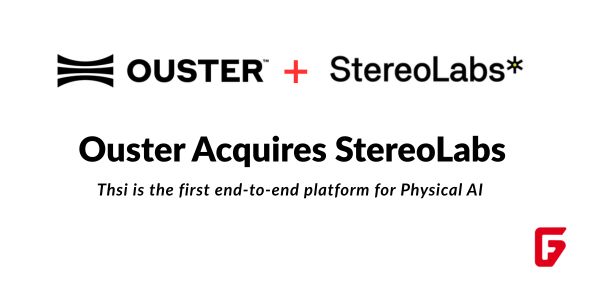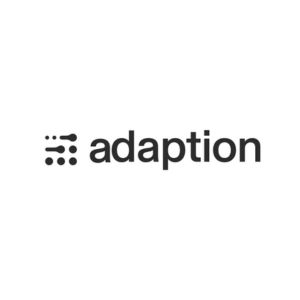Startups & Business News

The AI landscape just saw another seismic shift. Perplexity AI, the fast-rising competitor to tech giants like Google and OpenAI, has snagged a fresh $100 million in funding, vaulting its valuation to $18 billion—a staggering leap from just $14 billion earlier this year and $1 billion a year before that. This new capital, contributed by major players such as Nvidia, SoftBank’s Vision Fund 2, and New Enterprise Associates, underscores the intense investor confidence pouring into the generative AI sector.
Why Perplexity Is a Game Changer
Founded in 2022, Perplexity has experienced explosive growth, with its annualized revenue soaring from $35 million in August 2023 to $150 million by July 2025. Its popularity isn’t just a fluke—Perplexity delivers an AI-powered search engine that’s angling to disrupt the Google search empire. What sets it apart is a relentless pursuit of efficient, transparent knowledge delivery combined with bleeding-edge generative AI.
Comet Browser: Perplexity’s Secret Weapon
This year, Perplexity unveiled the Comet browser, a Chromium-based web app uniquely integrated with an AI assistant sidebar. Unlike conventional browsers, Comet:
Streamlines search, automation, and multitasking using AI.
Features a distinctive sidebar to help with research, email management, task delegation, and even shopping.
Is available to Perplexity Max subscribers and select invitees, positioning it as the next hub for “agentic computing”—seamlessly blending research and productivity.
By combining a browser, assistant, and knowledge engine, Perplexity aims to become the “home page of human curiosity.”
Global Growth: India and Strategic Telco Alliances
One standout element of Perplexity’s expansion is its aggressive push into India, the world’s second-largest internet and smartphone market. The company’s landmark partnership with Bharti Airtel delivers a free year of Perplexity Pro to all Airtel’s 360+ million users—a strategic first in the telecom industry. The immediate results are staggering: Perplexity has surpassed OpenAI’s ChatGPT as India’s top free app on the Apple App Store, riding a 600% year-over-year surge in downloads.
Perplexity’s global playbook now includes over 25 telco partners, such as SoftBank in Japan and SK Telecom in South Korea, emphasizing scale, integration, and accessibility.
What’s Next: Independence, IPO Ambitions, and AI-First Infrastructure
Despite rumors of potential acquisition offers from tech behemoths, CEO Aravind Srinivas is signaling a firm commitment to independence and even hints at a public listing. With robust investor backing and a hyper-growth trajectory, Perplexity is continuing to invest in proprietary AI models and third-party integrations. The company’s clear mission: be the engine powering information, work, and learning for the AI-first era.
What Does This Mean for the Future of Knowledge?
Perplexity’s story is more than just big funding and valuations:
The rapid development of its tool’s signals increasing expectations for search engines to evolve into smart, assistive agents rather than passive content directories.
Its browser and assistant integrations underline a shift to unified productivity experiences—not just answers, but real work done by AI.
The company’s user and revenue growth prove strong, ongoing demand for AI-driven, transparent, and customizable information tools.
As more competitors chase the AI crown, one thing is clear: the next frontier of the internet will be defined by those who can combine search, automation, and transparency into cohesive experiences. Perplexity AI’s audacious expansion hints that the company isn’t just riding the AI wave—it wants to shape the very way we learn, work, and connect online.

futureTEKnow
Editorial Team
futureTEKnow is a leading source for Technology, Startups, and Business News, spotlighting the most innovative companies and breakthrough trends in emerging tech sectors like Artificial Intelligence (AI), Robotics, and the Space Industry.
Discover the companies and startups shaping tomorrow — explore the future of technology today.
Most Popular
Trending Companies
Latest Articles

Dwelly Raises $93M to Supercharge AI-Powered UK Rentals Roll-Up
London startup Dwelly just landed $93M to snap up UK rental agencies and inject AI smarts. Founders from Uber and

Encord Raises $60M Series C: Fueling Physical AI Data Wave
Encord just landed $60M in Series C funding to supercharge data tools for physical AI. Founders Eric Landau and Ulrik

Foodforecast Raises €8M Series A to Slash Ultra-Fresh Food Waste with AI
Foodforecast, a Cologne AI foodtech firm, just scored €8M in Series A funding led by SHIFT Invest. Their tools predict

AI-Driven Operational Excellence: How Leaders Scale Ownership, Discipline, and Continuous Improvement in 2026
In 2026, AI scales operational excellence fundamentals—clear ownership, disciplined execution, and continuous improvement—letting leaders focus on outcomes while systems handle

VoiceLine raises €10M to scale voice AI for enterprise frontline teams
Munich-based VoiceLine has closed a €10M Series A round to grow its voice AI platform for frontline sales and service

AI-Driven Logistics & Distribution Transformation: From Insight to Scalable Impact
AI is redefining logistics transformation—from network design to real-time execution. This article explores how data-driven insight, intelligent automation, and scalable

Hai Robotics Hong Kong IPO: From Startup Funding to Warehouse Robot Leader
Shenzhen’s Hai Robotics, pioneer in ACR warehouse robots, files for HK IPO after raising over $500M in funding rounds led

AI-Enabled Process Engineering & Continuous Improvement: Designing Systems That Learn
Explore how AI transforms process engineering and continuous improvement into self-learning systems. This article explains how organizations can design operations

Ouster Acquires StereoLabs: Unified Physical AI Sensing Platform Launches
Ouster’s $35M StereoLabs acquisition fuses lidar and ZED cameras into end-to-end Physical AI sensing. Founders Cecile Schmollgruber and team drive

Bretton AI Lands $75M Series B Funding to Scale AI Agents for Financial Crime and AML/KYC Compliance
Bretton AI’s $75M Series B modernizes AML KYC compliance via AI agents, slashing staffing costs for banks and fintechs like

Axiom Space Raises $350M to Build Commercial Space Station and NASA Spacesuits
Axiom Space has locked in a fresh $350M raise to push its commercial space station and NASA lunar spacesuits toward

Santé Raises $7.6M Seed: AI Fintech Revolution for Wine and Liquor Retail
New York startup Santé secures $7.6M seed to build AI-powered POS for liquor stores, tackling regs & inventory woes after
futureTEKnow is focused on identifying and promoting creators, disruptors and innovators, and serving as a vital resource for those interested in the latest advancements in technology.
© 2026 All Rights Reserved.





